DAILY BLOG
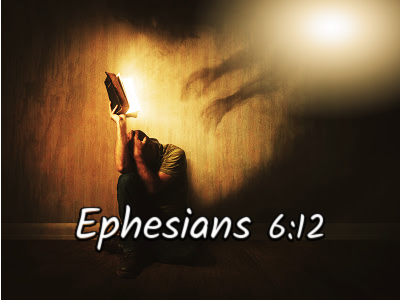
Ephesians 6:12 – Craig Andrew Griebel

Wake up – A Political Rant
Read more...

Mark 9:23 – Craig Andrew Griebel

Questions: What if I still have doubts?
Oh, how I love the father of the boy. He gives the answer that everyone of us prays. He replies to Jesus in a very honest way by stating: “I do believe! Help my unbelief.”(Mark 9:24) I have prayed this same prayer many times – have you? “God I believe, but help my unbelief!” I can’t think of any prayer better to end this series!
Read more...

Hebrews 13:8 – Craig Andrew Griebel

Questions: Is the God of the Old Testament different than the God of the New Testament?
Read more...

2 Thessalonians 1:9 – Craig Andrew Griebel

Questions: Why Would a Loving God Send People to Hell?
There are a few subjects that are taboo to discuss. I try not to talk about the Titanic when sailing on an Alaskan Cruise Ship. I tend to not talk about plane crashes when flying to a vacation destination. I try to not talk about winning when I am talking with a Cleveland Browns fan. And I try to not talk about Hell…well…really ever. Many of us as Christians are terrified to talk about the subject of eternal damnation. Hell either seems too complex to discuss or too inhumane to consider. Hell is truly a taboo subject – especially when discussing God with non-believers.
One mistake we often make as Christians is that we think because we don’t like a certain issue it automatically means that it is unjust or unfair. We feel like God’s plan can not exist beyond our limited understanding. I have been reading the book of Job and this is one mistake Job’s friends ran into with their so called “encouragement”. They felt suffering could only exist for those that did wrong because otherwise – God would not be just. However, at the end of the book, God condemns them because their view of Him is too small. In other words, they are corrected because they feel they are big enough to fully understand God – instead of knowing that: “My thoughts are not your thoughts, and your ways are not My ways.” (Isaiah 55:8) So, it is with the topic of Hell – we don’t have to be comfortable with it and we certainly can’t completely understand it – we just have to trust that God knows best. After all, His track record is certainly astounding and we know that He is: “a compassionate and gracious God, slow to anger and rich in faithful love and truth.” (Exodus 34:6b)
Our other mistake when we ask the title question of this blog is that we make it sound like God is petty and loves sending people to hell. Yet, in Scripture we know that is not true. 2 Peter 3:9 reads: The Lord does not delay His promise, as some understand delay, but is patient with you, not wanting any to perish, but all to come to repentance.” In fact, when we think of the definition of Hell – we see that it is not necessarily even God who sends people to Hell but instead our own decisions that determine our eternal destination.
For you see, God created us with free will – the ability to choose His free gift of salvation OR the ability to choose to constantly try to separate from God and live life our own way. Many choose to ignore their creator. In fact, they want nothing to do with Him. God can’t “force them” to love Him – that would destroy the free will that He created them to have. Instead, He allows them to continue to choose. And when the time of death comes and we leave this earth – that choice comes to fulfillment.
For you see, Hell in its purest sense is separation from God. That is the most theologically true definition we can give concerning the matter. We may never be able to fully know if the flames of hell are literal or figurative but the one thing that we do know is that eternal separation from God is what defines Hell. For you see, we don’t understand the gravity of being separate from God. We only know that when Jesus died on the cross – the most pain that He felt was not the physical abuse He took on but instead the moment that God turned His face away as Jesus bore the sins of all humanity. At that time Jesus cried out: “My God, my God, why have You forsaken Me?” (Matthew 27:46)
Read more...

Psalm 119:27-28 – Craig Andrew Griebel

Questions: Is the Bible True?
Read more...

Psalm 9:1 – Craig Andrew Griebel

Questions: If God Exists, Why Don’t We See More Miracles?
Read more...

Matthew 11:28 – Craig Andrew Griebel

Questions: How Does a Loving God Allow Pain and Suffering?
Read more...
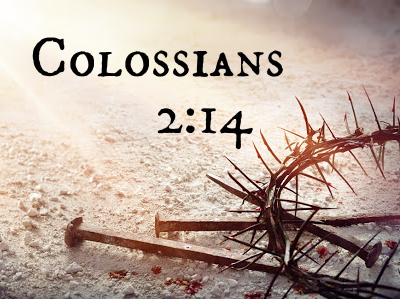
Colossians 2:14 – Craig Andrew Griebel

Questions: Why Did Jesus Have to Die on the Cross to Save Us?
Read more...
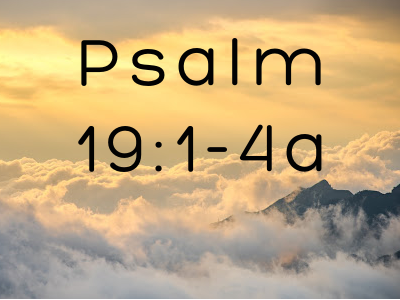
Psalm 19:1-4a – Craig Andrew Griebel

Questions: Does Modern Science Prove There is no Need for a Creator?
Read more...
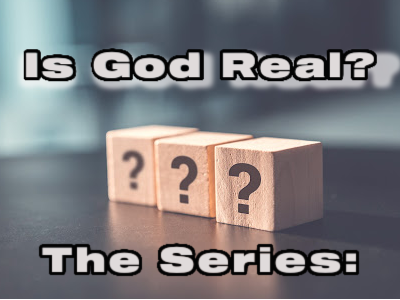
Questions: Is God Real? The Series – Craig Andrew Griebel

Questions: Is God Real? The Series
Read more...

The Spiritual Covid Preperation – Craig Andrew Griebel

The Spiritual Covid Preperation
My parents and Holly’s parents have completely different vacation planning strategies. I remember the last family vacation I took before getting married to Holly. We went to Hawaii and aside from the flights and condo we were staying at – didn’t plan too much else until we arrived in Kawaii. I remember talking to my future in-laws about the trip and they were astounded we had nothing pre-scheduled. I didn’t think much of this until I went on a trip with them to New York City about two years later. We had a binder of each day planned out almost so specifically that we had to pencil in rest room breaks…well maybe not that much but for someone that is a little more “fly by the seat of my pants” it certainly seemed that way. In the end, both trips were very different but also very enjoyable.
Read more...
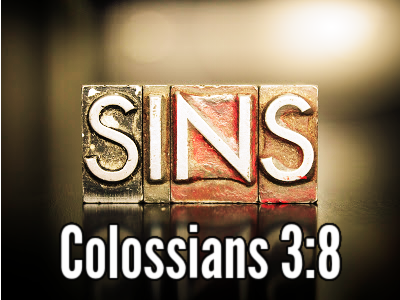
Colossians 3:8 – Craig Andrew Griebel

New Life Sins – a series to step on all of our toes
Read more...
